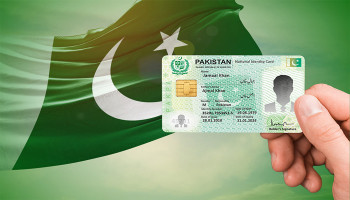
To effectively manage your finances, it is crucial to comprehend the various types of bank accounts available. Below is a breakdown of key account types with their characteristics.
Different types of bank accounts
1. Checking account
Designed for day-to-day transactions, checking accounts provide easy deposit and withdrawal options. They typically offer a debit card, checks, and online banking access. Suitable for regular transactions and bill payments, checking accounts also provide ATM cash access.
2. Savings accounts
Ideal for long-term savings and earning interest, savings accounts offer higher interest rates than checking accounts. Withdrawal limits may apply, and maintaining a minimum balance may be necessary to avoid fees. Savings accounts are excellent for building emergency funds or saving for specific goals.
3. Money market accounts
Combining features of checking and savings accounts, money market accounts offer higher interest rates with a minimum deposit requirement. They often provide limited check-writing abilities and debit card access. Money market accounts strike a balance between earning interest and maintaining accessibility to funds.
4. Certificates of Deposit (CDs)
CDs are time-bound savings accounts with fixed terms and higher interest rates than regular savings accounts. They require depositing a specific amount for a predetermined period, with penalties for early withdrawals. CDs are suitable for long-term savings goals when funds can be locked away for a set duration.
5. Individual Retirement Accounts (IRAs)
IRAs are retirement savings accounts offering tax advantages. Traditional IRAs allow tax-deductible contributions and taxable withdrawals, while Roth IRAs utilise after-tax funds with tax-free qualified withdrawals. Contribution limits apply, and IRAs provide diverse investment options.
6. Business accounts
Tailored for managing finances related to businesses or organisations, business accounts encompass checking and savings accounts, along with specialised services like merchant services or business loans. These accounts help separate personal and business finances, track expenses, and facilitate business transactions.















